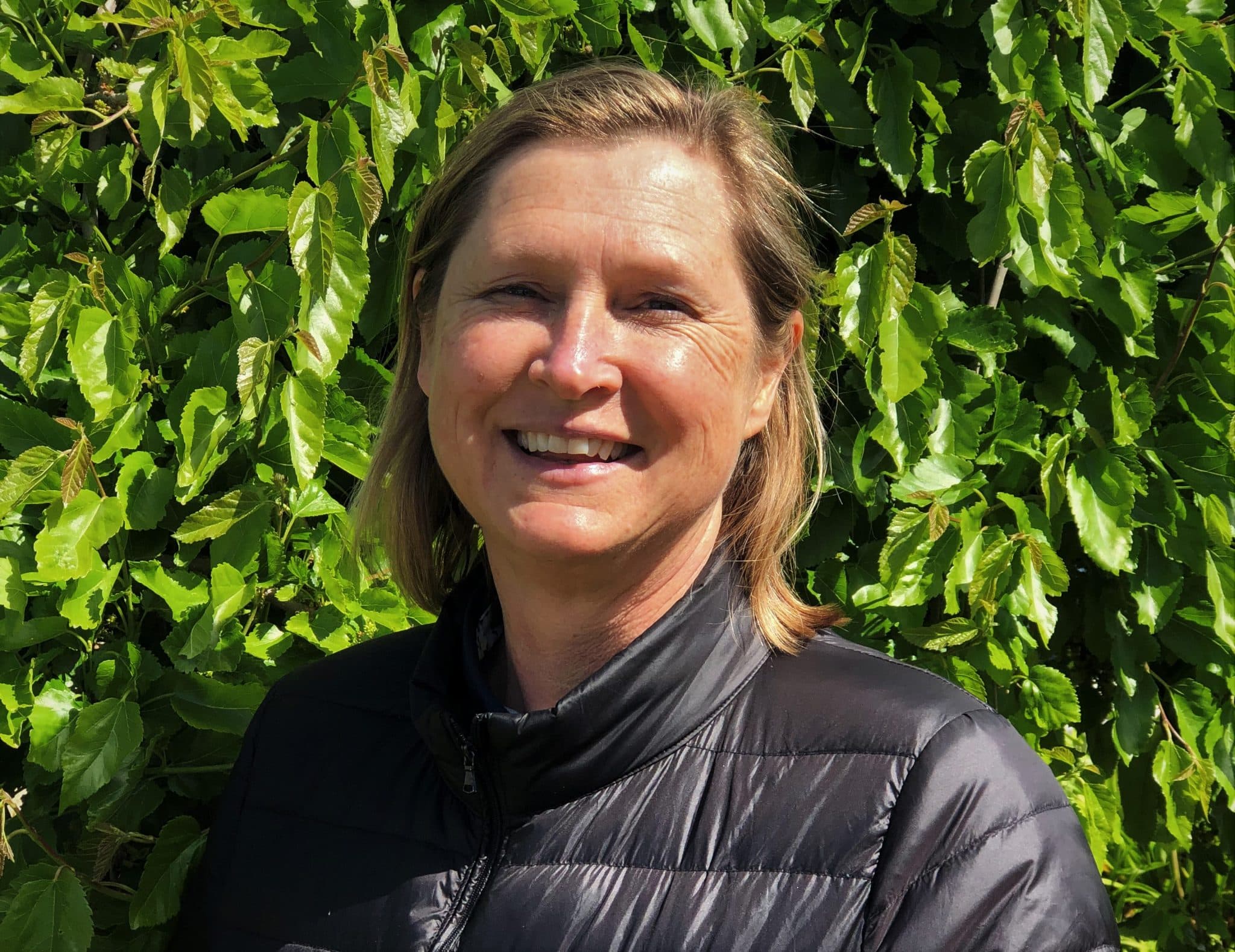“I grew up in Auckland, New Zealand before my parents decided on a tree-change to a small rural town where I was first exposed to country life; my love of horses was born and from then on I had my heart set on becoming a vet. My father’s job eventually brought us to Australia where I finished my schooling and commenced a veterinary degree at the University of Sydney.”
Upon graduating, Catherine spent a couple of years in mixed practice in rural NSW before she made the shift to England in 1990, prompting a back and forth between two of the most important thoroughbred breeding centres in the world – Newmarket and Scone in the Hunter Valley.
“A lot of young equine vets work breeding seasons across the hemispheres, it’s a nice way to see the world and get an idea of how things are done in different parts of the world within the same industry.”
Career pivot
Catherine and her husband met and settled in Scone, working as vets at the Scone Equine Hospital. With two small children and a busy practice, Catherine decided to step back from clinical work and embark on a PhD through the University of Melbourne, something she says is not for the fainthearted.
“No one was going to tell me I couldn’t do it! It has opened up many different doors and allowed me to concentrate on non-clinical pursuits, but it was certainly a labour of love. Getting through it whilst juggling many other commitments has been my biggest professional achievement.”
Catherine’s PhD looked at a particular bacterial infection in foals called Rhodococcus equi, an endemic problem in horses, most commonly causing a bacterial pneumonia in young horses colloquially known as ‘rattles’.
“I thought there was a role for someone who understood the difficulties and challenges faced by both clinicians and researchers. My PhD has enabled me to be a connector between people on the equine industry frontline and people in research to achieve a valuable end point for the innovative work that gets done.”
Catherine remains actively involved in research and development for the industry. She works on collaborative research projects at different times and is the Deputy Chair of AgriFutures Australia’s Thoroughbred Horses Advisory Panel, a role she says has been immensely rewarding.
“There’s great satisfaction in playing a part in ensuring what’s researched is relevant, and seeing it translated and implemented in the real world,” she says.
Rural vet challenges
Catherine says attracting and retaining vets in regional areas is a significant challenge, while the current gender imbalance in the profession, which is heavily skewed towards females, brings its own set of issues.
“The challenges are complex and multifactorial, including a lack of services in the regions–access to reliable internet, access to healthcare–things that are a given in the cities. The profession is relatively poorly remunerated, especially in the initial years, and many people are not prepared to work every weekend, or every second weekend, nor should they have to. We need to change the attitudes of a profession that has allowed that to be the accepted norm in the country for a long time.”
“We’ve got a situation where about 90% of veterinary science graduates are females, graduating at an age that means they could be wanting to start a family, or may already be juggling a career and a family. We have to look at balance in the profession, gender is one of them, cultural diversity is another, and the roles they may play in influencing peoples’ decisions about moving to regional areas.”
Giving back to industry and community
Catherine’s involvement in the veterinary profession extends beyond research and development, and into providing mentoring for young vet graduates, through the Australian Veterinary Association (AVA) Graduate Mentoring Program.
“The AVA have developed valuable initiatives to support the profession. We have a significant and worrying issue with suicide amongst vets; pressures tend to come about when people feel isolated with nowhere to turn. The AVA called for experienced vets to mentor young graduates because those first few years can be extremely stressful. Last year I put up my hand to participate; if I can do anything to help, I feel compelled to do so.”









